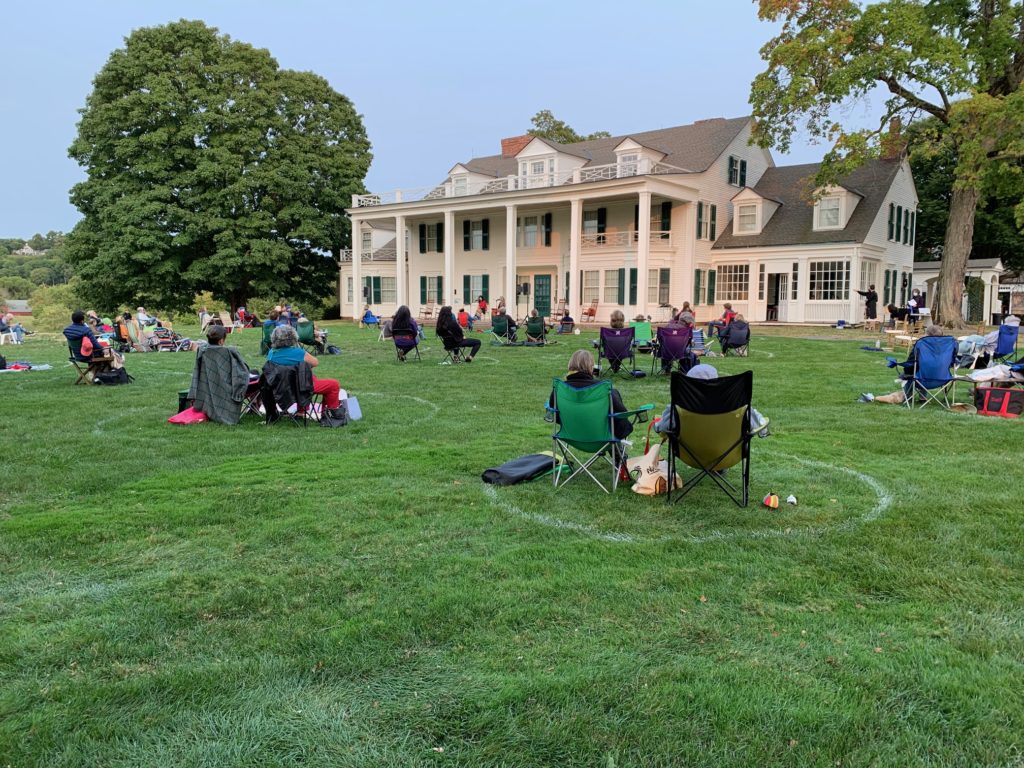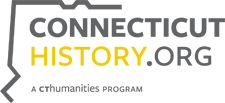Implementation Grants support the execution of humanities projects, such as exhibitions, public programs, and interpretive digital media projects. The implementation stage is intended for projects that are ready to bring to fruition. For projects that require research or development before implementation, please view our Planning Grants.
Although a Planning Grant is not required to receive an Implementation Grant, and receipt of a Planning Grant does not guarantee Implementation funding, a competitive Implementation Grant application will discuss the research, planning, and development work conducted leading up to the grant request.
Implementation Grant proposals must demonstrate significant humanities scholarship and content and articulate clearly defined goals that will be achieved during the project.
For more information and examples of typical Implementation Grant projects, view the “Sample Grants” tab.
Important Dates
Upcoming Application Deadlines FY25-26:
- December 1, 2025
- May 1, 2026
Award Notification: By the first workday of February (for December applications) or July (for May applications)
Grant Period: 24 months
Sample Implementation Grants
Please note that application questions may change from year to year. Some sample model applications may not reflect all questions asked in the current application.
How to Apply
We are eager to help you submit a strong application. Before applying, organizations must contact CTH Grants Staff at grants@cthumanities.org to discuss your project idea. Applications submitted without prior communication with CTH staff will not be considered.
For a PDF preview of the current Implementation Grant application, click here.
For an overview of the application process, click here.
Online Grant Application PortalIn FY25, the success rate for Implementation Grants was





